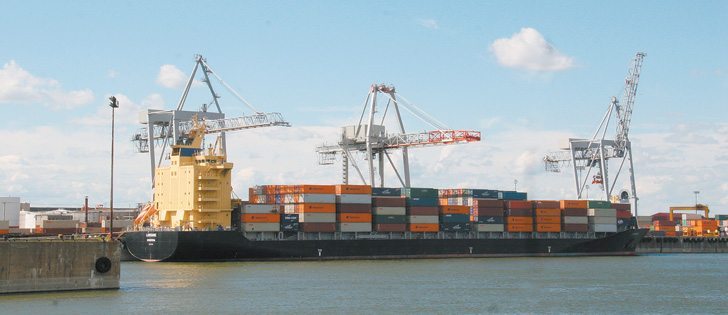Just to be clear on this, let’s examine the implications of the latest business salvo against Canada’s supply management system.
A system that for more than three decades has seen dairy and poultry farmers make their living from market returns without subsidies should suddenly be jettisoned for a system that would see a multibillion-dollar bill sent to taxpayers so they can spend a few cents less on imported cheese.
Let me work on the logic of this, but first, let’s consider the background and context of this latest call for a weakening of supply management import protections.
Read Also

Downturn in grain farm economics threatens to be long term
We might look back at this fall as the turning point in grain farm economics — the point where making money became really difficult.
In a paper published April 23 by the organization representing Canada’s big business leaders led by former Liberal deputy prime minister John Manley, Mike Gifford argued that for Canada to gain a seat at Asian trade liberalization negotiations, it should be willing to jettison existing iron-clad protections for dairy and poultry producers against unpredictable imports.
Gifford’s view carries weight. He represented Canada as the chief international agricultural negotiator through two rounds of North American free trade negotiations more than two decades ago and in the last successful international trade negotiation agreement in 1993.
All the while, he loyally defended Canada’s demand that protectionist supply management be protected.
But Gifford now says rigid supply management support blocks trade opportunities for export sectors.
In essence, he is challenging the logic of the Nov. 22, 2005, unanimous House of Commons vote that said no molecule of supply management support must be compromised by trade negotiators.
That is an easy resolution to challenge. It was a reckless political play before the 2006 election that produced an untenable demand on future trade negotiations.
In the give-and-take of trade negotiations (and Canada is a trading nation), nothing can be forever untouchable.
So Gifford is suggesting that this is the time to move on. Trans-Pacific Partnership trade negotiations beckon. If Canada does not join, trading sectors will lose and therefore Canada should accede to demands by the United States, New Zealand and Australia that supply management protections be offered on the altar of change.
In reality, supply management is more of an ideological issue than a trade issue. In the big picture of Asian market opportunities, a bit more access to Canada’s dairy and poultry market is small potatoes.
But Canadian free trade swagger and its little protectionist secret irks other countries.
So what would be the consequence?
Gifford says governments (i.e. taxpayers) would have to contemplate significant compensation to a system built on government promises of stability.
Dairy and poultry farmers would have to line up at the public trough like most other sectors have had to do during the past decade.
And by the way, since most other countries like the U.S. protect their sensitive sectors, there is no reason to assume they will sacrifice their farm protections no matter what Canada does, he says.
Surely a stronger argument is needed before a successful system is undermined for the dream of an ideal rather than the assurance of a result.
















